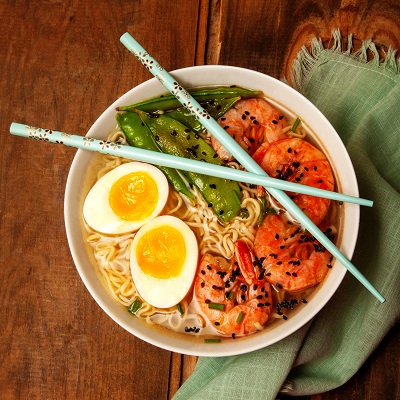 Adequate amounts of protein in your diet are necessary for many reasons. In addition to just helping you feel full, protein is needed for your hair and skin, to reduce cravings, and to help build muscles. Here are some tips for finding protein sources you love.
Adequate amounts of protein in your diet are necessary for many reasons. In addition to just helping you feel full, protein is needed for your hair and skin, to reduce cravings, and to help build muscles. Here are some tips for finding protein sources you love.
Do You Have Special Dietary Restrictions?
Before you choose your protein sources, consider if you have any dietary restrictions or sensitivities. Maybe you are on a vegetarian diet, so you know not to even bother with meat and fish. Or you tend to feel sick with too many beans and lentils, so you don’t want too many of those in your diet. It doesn’t necessarily have to be something you are allergic to, but if you know it doesn’t sit well with your stomach, write it down so you don’t even bother with it when it comes time to add more protein sources to your diet.
Keep it Simple with Meat, Fish, and Poultry
If you are a meat eater, th is is probably where you will start when it comes to choosing your protein sources, and also contains some of the highest amounts of protein.
For example, meat and poultry (beef, chicken, and turkey) has between 14 grams ofprotein and 28 grams of protein per serving. While fish and seafood has between 14 grams of protein and 22 grams of protein per serving size. This includes canned tuna!
As you can see, it is really easy to increase your protein with these types of foods.
Eggs and Dairy
The next category of protein-rich foods include your eggs and dairy. This is great because even if you are a vegetarian or you simply don’t like eating a lot of meat and seafood, you still have a lot of amazing ways to get your protein.
With eggs, you will get about 6 grams of protein per full egg. Keep in mind this includes the egg white and yolk.
Milk is about 8 grams of protein per cup, but look out for other varieties of nut milks that might contain more protein.
Greek yogurt is very high with about 17 grams of protein for one serving. This is close to the amount you get in fish or poultry!
And the star of the show is cottage cheese, with around 22 grams of protein in one cup.
Plant-Based Sources of Protein
It is good to add some plant-based sources of protein to your diet, whether you are following a plant-based diet or not. They are very easy to add as snacks, to top salads, or just have on the side of your meals. While there are many others, here are some of our favorite plant-based protein sources:
- Chickpeas – For ½ cup serving of chickpeas, you can get around 7 grams of protein.
- Quinoa – For a cup of quinoa, you are adding approximately 8 grams of protein to your day.
- Nuts and seeds – You can get 5-6 grams of protein with ¼ cup of most nuts and seeds.
- Edamame – This is a great addition since you get 17 grams of protein for one cup of edamame.
You of course can also get some protein with beans and lentils.






